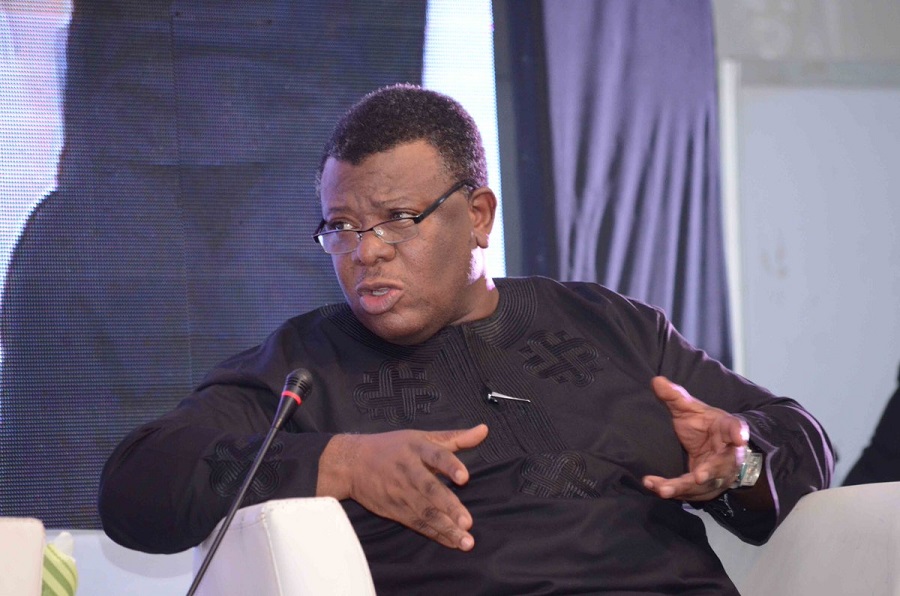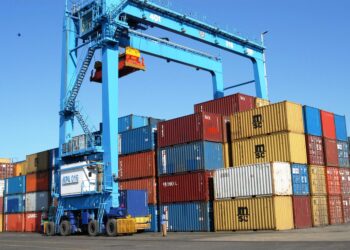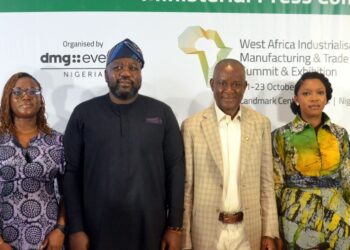The Nigerian Economic Summit Group (NESG) has stated that for the FG to maximize the Africa Continental Free Trade Area (AfCFTA) agreement, it needs to direct its efforts into strengthening domestic value chains and also develop an efficient land border system for exports.
This was disclosed by Mr. Laoye Jaiyeola, Chief Executive Officer (CEO), NESG, in a meeting with reporters at the 2021 NESG Macro-Economic in Lagos on Friday.
The NESG Chief stated that the rules of origin trade measures would be a major factor in reducing risks needed to make the agreement feasible, citing some nations might not be transparent with it. He added that transport infrastructure is necessary for a diversified trade economy over commodity export-dependent nations
READ: AfCFTA to boost Africa’s economy to $29 trillion by 2050 – FDC Report
“Putting this in context, South Africa currently accounts for 40 per cent of intra-African manufacturing imports.
“On the other hand, resource-based countries, such as Algeria, Egypt and Nigeria – which collectively account for approximately 50% of Africa’s GDP – contribute only 11 per cent to intra-African trade,” he said.
He stated that the World Bank, through its GCE modeling technique estimates that AfCFTA would promote manufacturing exports over natural resources, agricultural and services exports, citing that manufacturing exports would account for one-third of the projected total exports of US$2.5 trillion by 2035.
“On the other hand, natural resources, services and agriculture are expected to contribute 28 per cent, 10 per cent and 8 per cent to total exports, respectively.
READ: AfCFTA committee says infrastructure deficit will not inhibit Nigeria’s participation
“In terms of intra-African exports, the estimates also showed that manufacturing exports will have increased by 110 per cent followed by agricultural exports (49 per cent) and services exports (14 per cent) by 2035.
“Nigeria could reap more gains through export diversification away from crude oil, as manufacturing exports currently account for an average of 9 % cent of the country’s total exports.
“This suggests that efforts should be directed at strengthening domestic value chains, particularly the agro-allied industrial base,” he added.
Jaiyeola called for reforms in the transport value chains to fix the Apapa gridlock problem by creating similar ports in other regions of the country, to ensure speedy clearance of consignments.
He added that the FG must set standards for locally-made goods to enhance their attractiveness in the regional market
“It is only when these and many more reforms are implemented that Nigeria can begin to reap the benefits of the trade deal,” he said.
What you should know: Nairametrics reported earlier this week that the NESG stated that the Federal Government needs to prioritize the promotion of non-oil revenue to maximize the African Continental Free Trade Area (AfCFTA) agreement.























